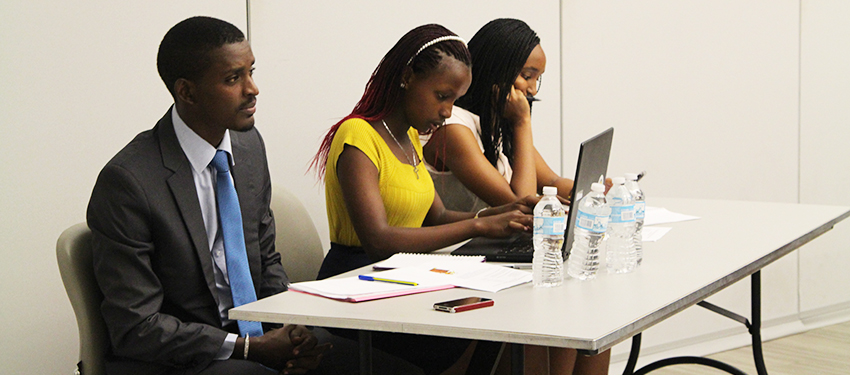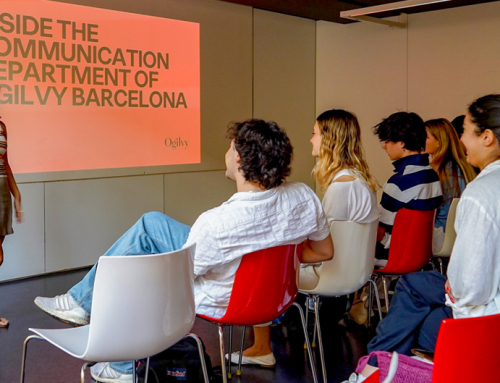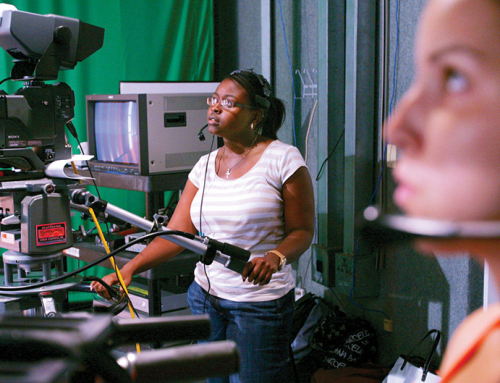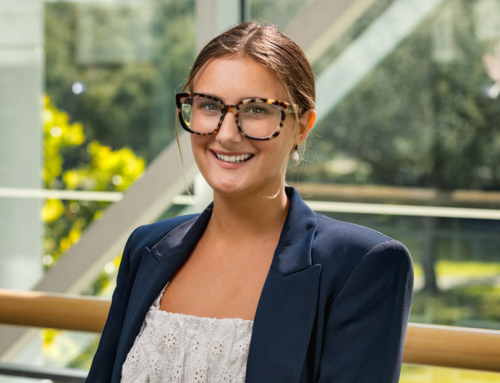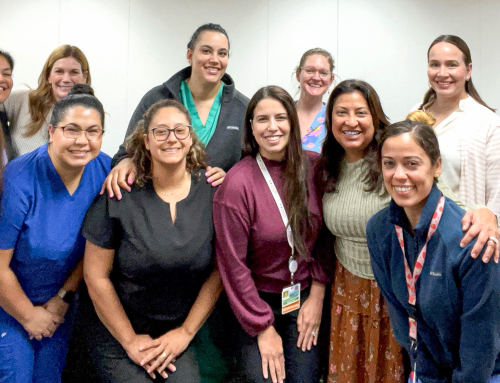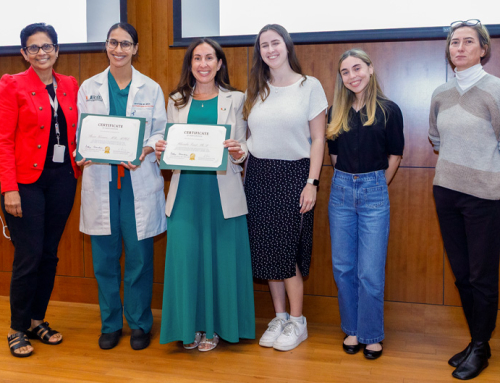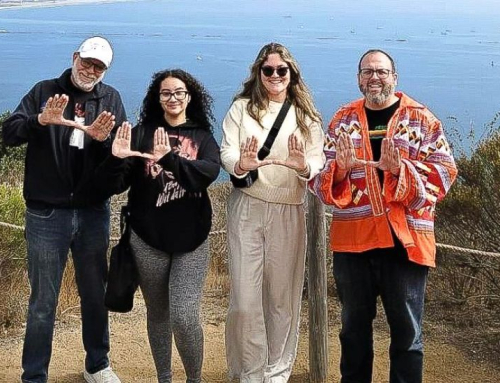Last Monday evening at the Shalala Student Center, University of Miami’s Debate Team hosted the team from iDebate Rwanda. The public debate focused on genocide recovery, forgiveness, and justice.
Two decades ago, Rwanda was facing one of the most difficult times in its history. In 1994, the genocide against the Tutsis began. Over a span of 100 days, more than one million men, women, and children lost their lives solely due to their Tutsi ethnicity. Twenty years later, Rwanda is rebuilding with an aim to restore peace and accelerate its development into a middle-income country by 2020.
iDebate Rwanda’s Voices from a Post-Genocide Generation tour began in 2014, and works to share the story of Rwanda and its recovery from the genocide. Using debate to give students the resources to think critically and find their own voice, the team travels to universities and high schools all over the United States. This is the team’s first visit to the University of Miami.
In a public debate, the teams argued whether justice or forgiveness should come first when rebuilding a post-genocide society. The UM’s debate team argued that forgiveness should precede justice because justice is rooted in resentment, and will cause further violence between conflicting groups.
According to Patrick Waldinger, assistant debate director, the idea that justice is rooted in resentment dates back to his debate years in college.
“The team has considered two important issues to prepare for this debate, (1) how is justice delivered and by whom, and (2) can we forgive such a grave act. We have talked a lot about this idea of a ‘Victor’s Justice’, which is basically whichever side wins the war will prosecute the other side and just cause resentment and future cycles of violence,” says Waldinger
The participating members from UM’s debate team were Renee Reneau, Michael Fuentes, and Rachel Chapnick. They began the debate by arguing that forgiveness should precede justice in the aftermath of genocide in order to stop the cycle of violence.
“Where exactly does blame end? Are the people who need to be brought to justice those who orchestrated the genocide? Are they the people who became clogs in the machine of the genocide? Or are they the people who stood idly by and watched genocide occur? Where do we need to go to seek justice? Forgiveness relies on the individual, and ultimately is the better system to move humanity forward,” said Chapnick.
The team from Rwanda, represented by Maya Musenga, Jesh Arnold Tugume, and Clemence Mbabazi, replied to Miami’s plea for forgiveness by asking how a person can see humanity in a killer.
“The genocide is not a house that is destroyed. It is a life that I will never get back. It’s a parent that I will never see again. It’s a limb that I will never use again because of another person. When someone oppresses you like that, you don’t see a human but an animal. Justice paves the way to see their humanity again,” said Mbabazi.
In a poll of the audience, the team from Rwanda won the debate, arguing that in the aftermath of genocide justice should precede forgiveness. Musenga, who was born just a few years after the end of the genocide, hopes people will understand from the debate how powerful their voice, really is.
“I hope people realize that you have a voice that can shape the future of your country. Use it because you matter in this world. In the genocide, people were using speech to spread lies and hate. So, I hope people realize that their voice is empowering it can change the world, or destroy it,” said Maya.
The iDebate Rwanda event is the first public debate hosted by the team this year. Along with hosting public debates, the team, which has existed since the university’s founding in 1925, also competes nationally and internationally in the Policy Debate and British Parliamentary Debate categories.
To view photos from the event, please visit https://www.facebook.com/media/set/?set=a.10153720119443395.1073741853.44838868394&type=3.
